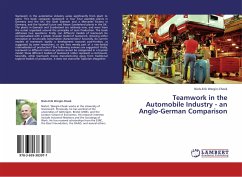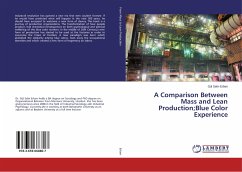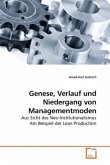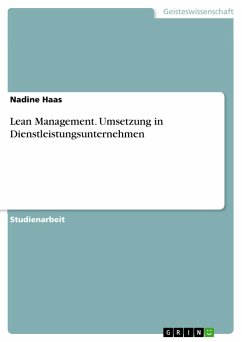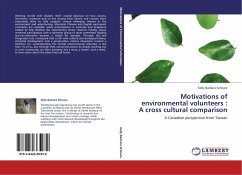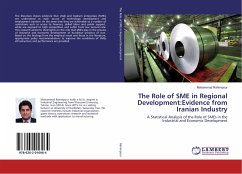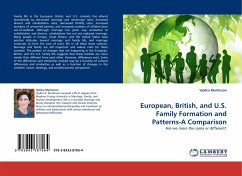Teamwork in the automotive industry varies significantly from plant to plant. This book compares teamwork in four final assembly plants in Germany and the UK: the Opel Eisenach and a Mercedes factory in Germany, and the Vauxhall Luton and Nissan Sunderland plants in the UK. The plants in Eisenach and Sunderland are relatively new, and were from the outset organised around the principles of Lean Production. The book addresses two questions: Firstly, can different models of teamwork be conceptualised with a simple, bi-polar model of teamwork, showing either innovative or structurally conservative characteristics? Secondly, do current models of teamwork signify a development towards post-fordism, as suggested by some researchers, or are they merely part of a neo-fordist rationalisation of production? The following answers are suggested: Firstly, teamwork in different motor-car plants cannot be categorised in a bi-polar model; these different models of teamwork rather represent a continuum. Secondly, while teamwork moves manufacturing away from traditional taylorist models of production, it does not overcome Taylorism altogether.
Bitte wählen Sie Ihr Anliegen aus.
Rechnungen
Retourenschein anfordern
Bestellstatus
Storno

